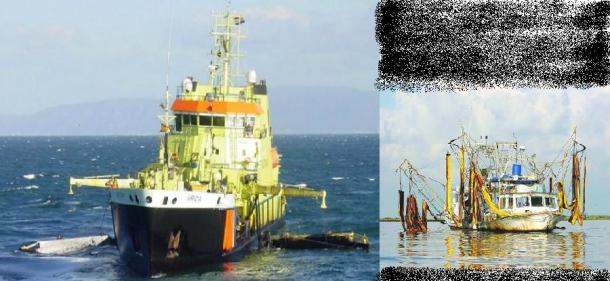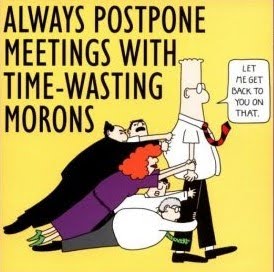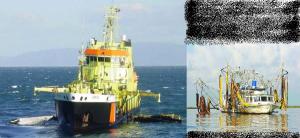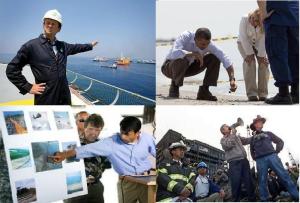Government Regulation vs. Self-Regulation
– By: Larry Walker, Jr. –
The Progressive Obama Administration’s magical solution for all problems American is more government regulation. But is government regulation really better than self-regulation?
Companies like BP have a direct interest in the safe, efficient drilling and harvesting of oil. Would it benefit a private oil company like BP to carelessly blow up its own oil well and lose millions of gallons of the precious black gold into the sea? No. Did it benefit Exxon to crash the Valdez and leak millions of gallons of oil off the coast of Alaska? No. So every company has a direct interest in self-regulation.
Sure, accidents will happen. And when accidents happen, private companies will pay the price under applicable Federal and State laws. Many private sector executives have even found themselves behind bars when laws were violated. But what happens when government regulators screw up?
On May 27, 2010, Elizabeth Birnbaum, the former head of the Minerals Management Service (MMS), which is charged with monitoring and regulating offshore drilling, simply resigned.
On May 17, 2010, Chris Oynes, the associate director of Offshore Energy and Minerals Management at the Minerals Management Service simply announced that he was moving up the date of his retirement to May 31, 2010.
On May 11, 2010, Frank Patton, an unlicensed Minerals Management Service (MMS) engineer, who approved the plans for the Deepwater Horizon’s blowout preventer just four days before the blowout, admitted that he did so without ever seeing the blowout preventer plans. He further admitted that he has never seen any such documents on the more than 100 approvals his office issues each year. MMS regulation 250.416(e) requires would-be drillers to submit proof that the blowout preventer they are using to shut off the well will have enough power to shear a drill pipe in case of an emergency, but Patton was apparently unaware of this particular regulation. As far as we know, Patton will keep his job, and will probably get a promotion.
In September of 2006, Interior Department Inspector General, Earl Devaney told a House panel that the Minerals Management Service failed to include price triggers in leases signed with oil companies in 1998 and 1999. The Government Accountability Office estimated that the total cost to taxpayers during the two year period was over $10 billion, yet government officials once again were able to pass the buck.
The point is that U.S. taxpayers have been paying billions of dollars (that we don’t have) annually, for more and more government regulation, yet when it comes time to hold the government accountable we find that they are not.
Barack Obama, and his Progressive minion’s solution to every problem American is more government regulation. I see this cowardly pat answer as just another way of passing the buck. Should we feel confident when Obama, who’s on his way to going down as the worst president in American history, boldly declares that ‘the buck stops with him’? Obama, like his predecessor’s, will be long gone when it is discovered just how badly he screwed up.
In reality, and in general, all that government regulation does is to increase taxes in many forms (income, excise, fees, fines), which in turn makes products and services more expensive for all American consumers; and it creates a layer of unaccountable bureaucrats, who ultimately make us all less safe, secure and prosperous.
Progressive Obama worshippers say that we need more government regulation. I say we need less. It would benefit all Americans to begin dismantling our huge governmental bureaucracy. Increasing the size and scope of government regulation has not historically benefited a single soul, and it never will.
Less Government regulation leads to lower taxes, lower consumer prices, greater accountability, more freedom, and more wealth creation opportunities. What exactly did we get for all the money spent on regulating oil drilling in the Gulf of Mexico?








